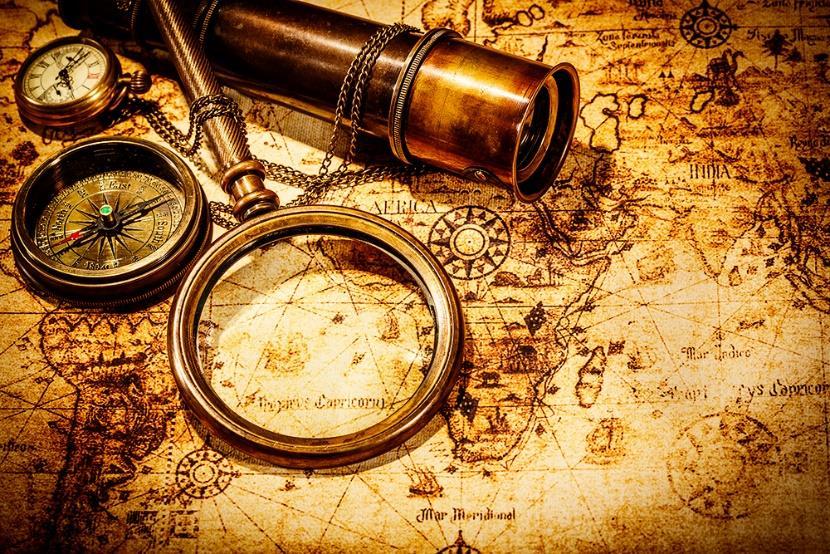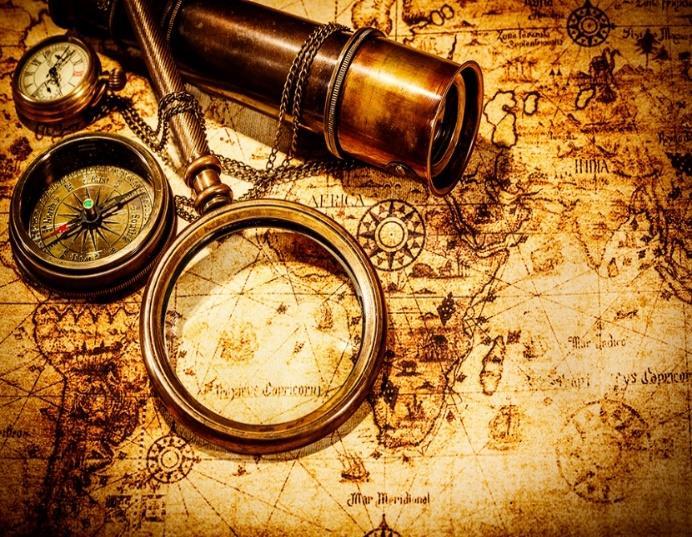











The EYFS activities are designed to be used throughout the year to support Reception teachers in targeting Development matters statements, while also laying the foundations for pupils’ further history learning.



Opportunities for the children to reflect on memories and experiences from their own past and comment on images of familiar situations in the past.

Comparing and contrasting people from the past and now by looking at photographs, listening to their stories and learning about their achievements.

Due to the mixed age classes and the structure of the curriculum being delivered through continuous provision there is a two-year rolling programme of study. The national curriculum is covered through the study of historical figures and periods of time.
Year 1 / 2
Cycle A
How am I making history? How have toys changed? How did we learn to fly?
Year 1 / 2
Cycle A How was school different in the past? How have explorers changed the world? What is a monarch?

In KS2 due to then National Curriculum programmes of study outlining specific periods of history and our mixed age class structure it is not possible to organise all the content in a two-year cycle as sone children would miss complete periods of history. Therefore, we have a three-year rolling programme which years 3-5 study. This prevents gaps in the periods of history studied but the units are planned according to the year groups in the class and the expectations of knowledge and understanding for these groups of children.
Cycle
A
Cycle B
British history 2: Why did the Romans settle in Britain? How did the achievements of the ancient Maya impact on their society and beyond? How have children’s lives changed?
British history 5: What was life like in Tudor England? What did the ancient Egyptians believe?
Cycle C
Year 6
British history 1: Would you prefer to live in the Stone Age, Iron Age or Bronze Age?
What does the Census tell us about our local area?
British history 3: How hard was it to invade and settle in Britain?
British history 4: Were the Vikings raiders, traders or settlers? What did the Greeks ever do for us?
British history 6: What was the impact of World War II on the people of Britain?
Transition unit Unheard histories: Who should go on the banknote? or The Sikh Empire


We follow a progression of knowledge for each subject which makes sure the National curriculum is covered across the year groups. Regardless of the historical time period or character being studied there is an expectation of the key knowledge to be gained in each year group.
At the start of every new unit the children produce a mind map of their current knowledge and understanding. This is visited at the end of the unit and updated with any new knowledge or understand they have gained.
During the unit the children use knowledge mats to reinforce the ley learning from the unit

Teachers make ongoing judgements of children’s understanding which feed into end of lesson or unit assessments.










I like looking at the artifacts.
History is my favourite subject at school because I like to learn about things that I didn’t know before.
We’ve done lots of History topics like Romans, Vikings, Stone Age and the Tudors. I’ve enjoyed them all!
Chronology is when it goes in the order of time.
It is sad all the fighting in the past.
I enjoyed learning about Vikings and doing our assembly, especially the song we made up.
I liked learning about the Titanic.